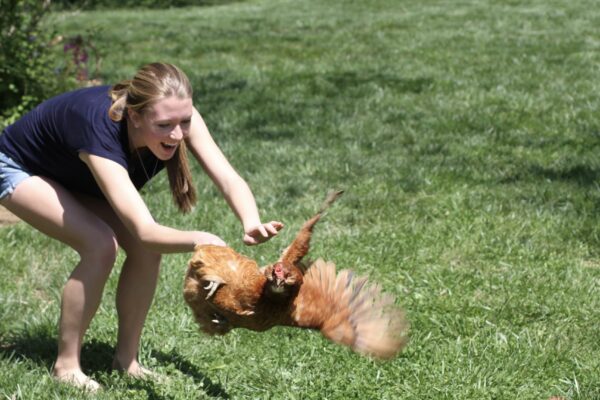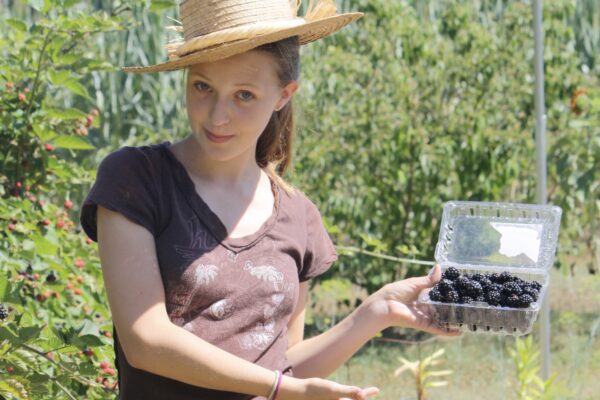Spring has spring, and so have the weeds. Unfortunately, it also means that the annual assault from glyphosate, sold under the brand name Roundup®, is gearing up.
The chemical, which is now found in the majority of U.S. rivers and streams, 70% of rainfall samples, and much of our non-organic food, has been declared a “probably human carcinogen.” We know it affects bacteria, including those that live in our gut and regulate many of our hormones. And it’s been tied to certain types of cancers. Dogs are particularly susceptible because they walk barefoot on lawns and groom with their tongues.
Here are a few things that you can do to eliminate exposure to glyphosate for you, your family, and your pets:
- Pull weeds rather than use chemical weed killer, and mulch to prevent weed growth.
- Accept some dandelions in your lawn. If you hire a service to take care of your lawn, insist that they not use glyphosate on your property.
- Tackle two problems at once: Eat your dandelion greens. They’re delicious and good for you!
- Talk to the principal at your school and ask them to not use Roundup as part of landscape maintenance. This is especially important for ball fields and areas where children and dogs play.
- Buy organic foods and look for non-GMO ingredients. GMO plants have usually been modified to grow even when sprayed with Roundup. This is by far the largest use of glyphosate in the U.S.
Photo: CC BY-SA 2.0
https://www.scientificamerican.com/article/weed-whacking-herbicide-p/https://articles.mercola.com/sites/articles/archive/2014/04/15/glyphosate-health-effects.aspxhttps://news.nationalgeographic.com/2015/04/150422-glyphosate-roundup-herbicide-weeds/https://www.epicurious.com/recipes/food/views/sauteed-dandelion-greens-242014https://monsanto.news/2017-09-30-five-countries-have-banned-glyphosate-in-the-wake-of-recent-lawsuits.htmlhttps://www.centerforfoodsafety.org/press-releases/5304/cfs-and-state-of-california-win-appeal-affirming-listing-of-glyphosate-pesticide-as-probable-carcinogen-under-proposition-65




